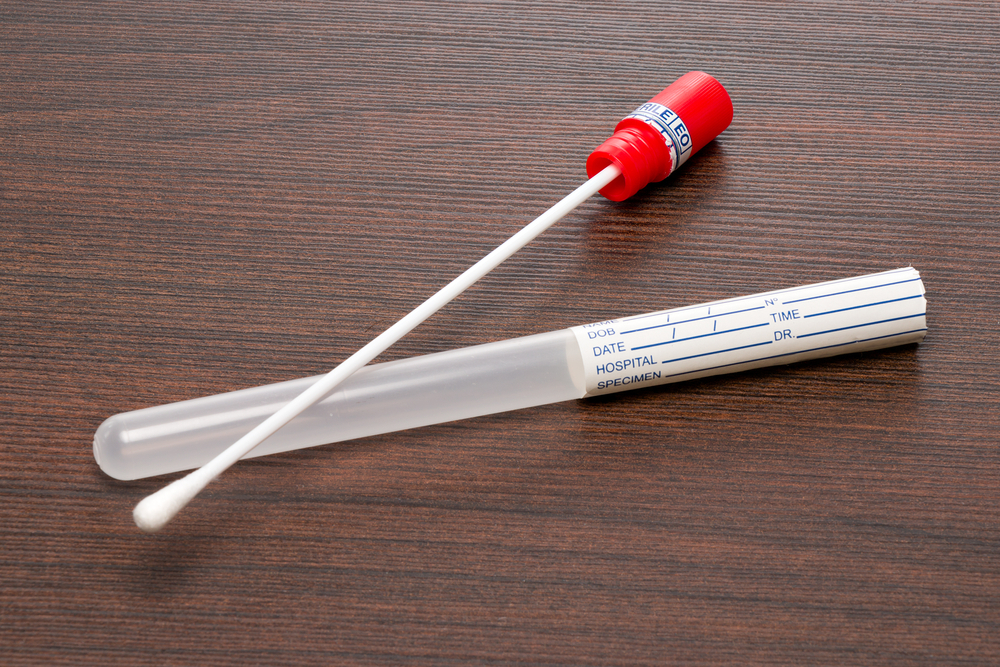At-home genetic tests advertise that a simple saliva sample can determine your ethnic roots, trace ancestral lineage and connect you with distant relatives across the globe. Additionally, these direct-to-consumer (DTC) tests promise to reveal a detailed genetic profile that outlines your risk for everything from breast cancer to Alzheimer’s disease. However, a 2018 Nature article revealed 40 percent of at-home genetic test results were inaccurate; therefore, understanding genetic testing accuracy is more important than ever when making an informed decision about you and your family’s health.
What Is At-Home Genetic Testing?
Today, over 30 different companies offer inexpensive at-home genetic testing kits that instruct you to spit in a tube, mail it back and then wait for the results. Two of the most popular at-home genetic tests are 23andMe and AncestryDNA. These tests typically search for unique variants in your DNA that may predispose you for certain genetic conditions — like celiac disease or breast cancer — and look for variations that tend to cluster in people from similar areas around the world to determine your ancestry.
The Benefits and Limitations of At-Home Genetic Testing
This low-cost, noninvasive method of genetic testing not only promotes awareness of genetic diseases, but also provides feedback for further medical and genetic research. However, regulatory limitations and variation in how data is interpreted can lead to a host of risks associated with at-home genetic testing.
When examining the results of a DTC genetic test, it’s important to remember that multiple variants of the same gene might contribute to the risk of developing a disease, and companies don’t always examine the same variants. While you might test negative for a particular disease under the guidelines established by one company, you could test positive according to the guidelines of another company. For example, tests may incorrectly predict that a variant found in your genetic code is indicative of a genetic illness like the case reported in The New York Times, which details the emotional struggle of an individual whose DTC genetic test falsely concluded that he would develop early-onset Alzheimer’s disease.
Additionally, many diseases advertised as having a strong genetic component — like type 2 diabetes, mental illness or heart disease — are not linked to any one specific gene or gene variant. These multifactorial disorders are a combination of genetics, lifestyle and environment. Therefore, a genetic analysis that indicates a negative result for one of these disorders might cause you to neglect other factors such as a healthy diet and exercise, which could ultimately lead to poor health or developing the disease in question.
At-Home Versus Clinical Genetic Testing Accuracy
If you’re considering DTC genetic testing because of a family history of genetic illness, your personal health or you’re concerned about passing along a hereditary disease to your children, genetics are only one piece of the highly unique and incredibly varied puzzle that completes a picture of each and every one of us. Given the complex nature of genetic inheritance, experts overwhelmingly agree that you should consult a doctor or genetic counselor if you’re exhibiting the symptoms or are concerned about a family history of genetic disease prior to DTC genetic tests, particularly for medical decisions like preimplantation genetic testing (PGT). Genetic counselors are uniquely prepared to discuss not only the scientific but psychological aspects of hereditary illness, providing you with enough information to have the confidence to make an informed decision when it comes to you and your family.
[cf]skyword_tracking_tag[/cf]

Dawn Michelle Lipscomb, PhD, is a biophysicist, podcast host, and science writer. While finishing a dual B.S. in Physics and Biology at UT San Antonio, she published research on planetary biosignatures for space exploration at NASA-JPL and designed THz bioeffects experiments for human tissues at the Air Force Research Laboratory. In 2017, she completed her Biophysics doctorate at UC Berkeley by developing a new method for imaging proteins that regulate gene expression using cryo-electron microscopy. Today, she co-hosts a live video podcast series on regenerative medicine and writes articles about groundbreaking research in aging and genetics.
